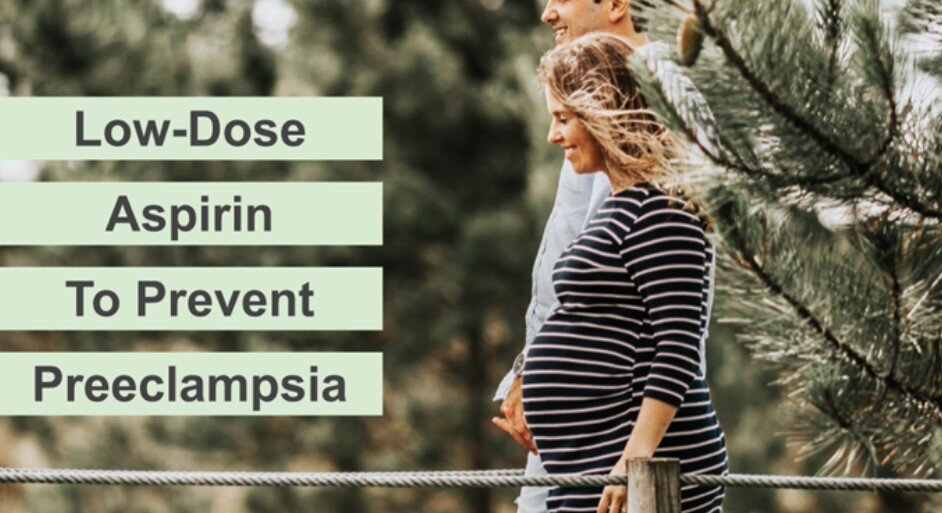Preeclampsia is a potentially fatal pregnancy complication of pregnancy.
Preeclampsia can drive the delivery of your child earlier than their due date, via emergency C-section as the condition can place both the baby and mother in danger.
Difficult pregnancies caused by Preeclampsia can also affect recovery time and requires extra monitoring and care for the baby post-delivery.
What is Preeclampsia?
Preeclampsia, also known as toxaemia US and online), is a disorder characterised by the onset of hypertension/high blood pressure both
after 20 weeks of pregnancy, and
in some cases can persist up to 6 weeks after birth.
Clinically, to be classified as Preeclampsia, hypertension must be associated with either Proteinuria (protein excreted by kidneys) and accompanied by evidence of damage to other organs such as kidney, liver, brain and eyes.
How Common is Preeclampsia?
Preeclampsia occurs in around 10% of all pregnancies., and is one of the top causes of:
maternal death (end-organ damage, blood clot formation, stroke) and
fetal complications (preterm delivery, placenta detachment from the uterine wall, fetal growth restriction)
Symptoms or Signs of Preeclampsia
Some women are asymptomatic, whilst others may experience some of the following symptoms with varying severity:
epigastric pain
headache
seizures
blurry vision
oedema in the legs, face and hands
cough, shortness of breath
Some of the signs that your obstetrician may discover during routine tests are:
Hemolysis Red blood cell destruction
Elevated liver enzymes
Low platelets
Protein in the urine
Low urine production
Who is more likely to have Preeclampsia?
Certain women are at higher risk than others to develop Preeclampsia. Your obstetrician will assess your family history and clinical markers to determine your individual risk.
Some of the factors that are considered are:
First pregnancy
Multiple pregnancy
Ethnicity: African
Mothers > 35 years
Family history of PE
Hypertension
Diabetes
Obesity (BMI >30)
Why do these complications occur?
No one knows for sure why Preeclampsia occurs in some women. But the key feature that has been identified in affected women is the development of the abnormal placenta.
Normally during pregnancy, the arteries to the placenta are well-formed and significantly dilated, to ensure plentiful blood supply to the growing fetus.
In Preeclampsia, these placental arteries become fibrous, narrow, and limit blood flow. The outcome is poorly perfused placenta, which is associated with fetal intrauterine growth restriction (IUGR) and in severe cases fetal death.
Furthermore, this under-perfused placenta starts releasing pro-inflammatory proteins called antiangiogenic factors. These proteins then get into the mothers circulation and alter the function of the endothelial cells that line her blood vessels.
This means that the womans vascular function is less able to adapt to the required physiological pregnancy changes leading to:
narrowing of the blood vessels, and
reduced blood supply to vital organs.
Endothelial cell damage also causes increased blood clotting around the sites of injury, oedema, and leads the kidney to retain more salt.
All these factors combined contribute to hypertension that is observed in Preeclampsia and its complications.
How do You Prevent Preeclampsia? Low-Dose Aspirin (LDA)
Once Preeclampsia develops, apart from managing hypertension in pregnancy and close monitoring, the only other treatment is delivery of the fetus and placenta.
One of the preventative measures for Preeclampsia that has been studied in depth is Low-Dose Aspirin (LDA prophylaxis) in at-risk women.
There are no definite screening tests that predict the development of Preeclampsia, but women with moderate to high risk of Preeclampsia may be identified.
Taking preventative Low-Dose Aspirin in the early of the second trimester may reduce the incidence of Preeclampsia in this subgroup of women.
It is thought that aspirin assists in the prevention of Preeclampsia by reduced clotting action of platelets, dilating blood vessels and decreasing inflammation.
Your Next Step
If you are experiencing repeated symptoms above, including heavy or prolonged menstrual bleeding, pelvic pressure or pain, and other symptoms or are concerned about any gynaecological problem that may require further investigation, we would advise that you see your general practitioner and possibly obtain a referral to see Dr Alexander
Don't suffer needlessly, as there may be another underlying condition requiring further investigation. Dr Alexander can offer advice on a possible diagnosis, further investigations and suitable treatment. Arrange an appointment now for peace of mind and body.
For patients suffering from painful periods, we would advise that you see your general practitioner and possibly obtain a referral to see Dr Alexander at www.alexalexander.com.au
Source: http://www.alexalexander.com.au


